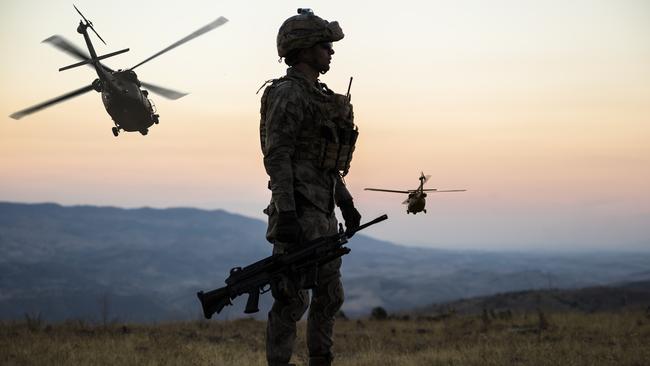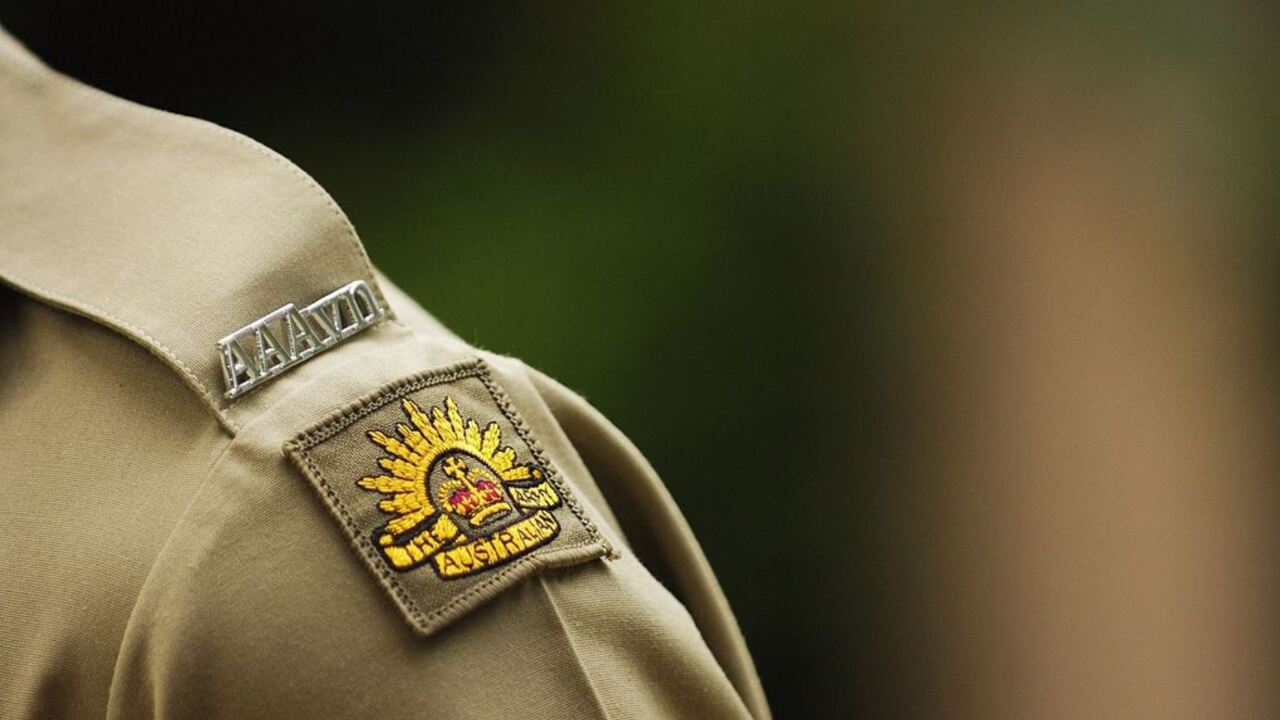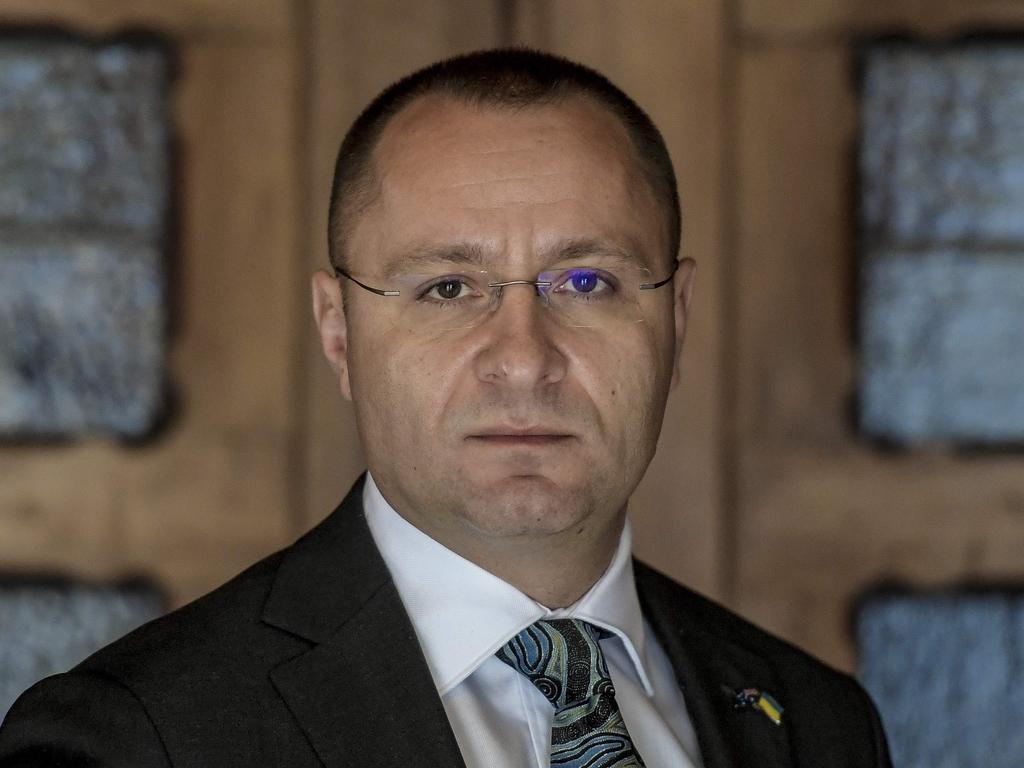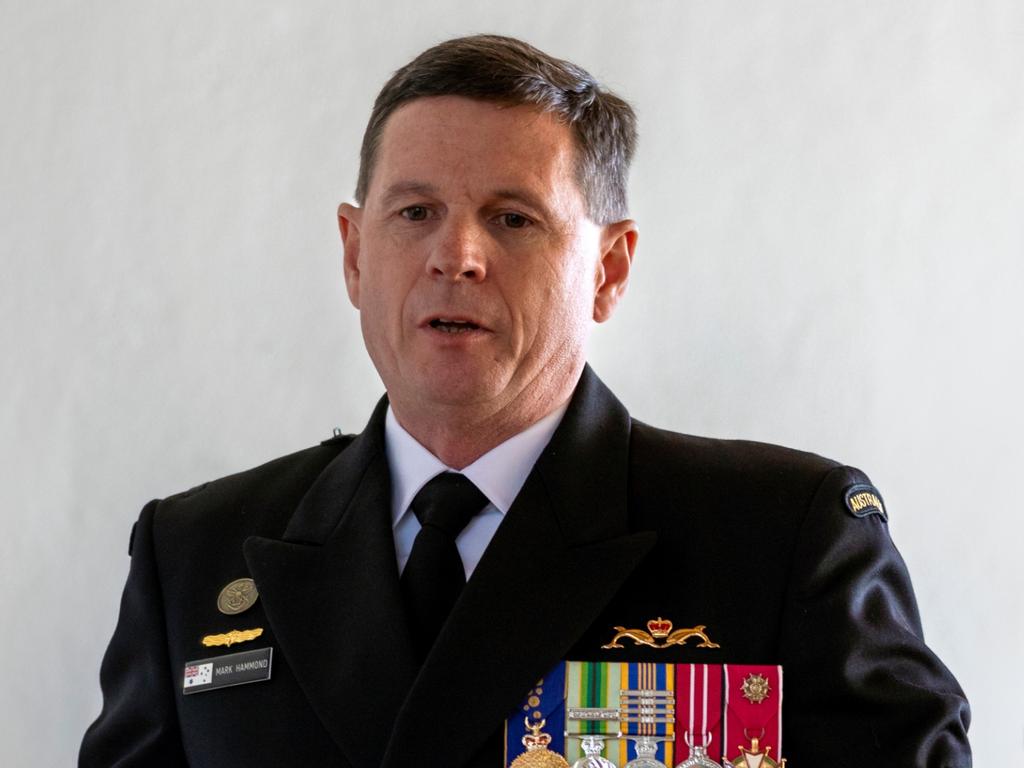Defence ducks probe into war crimes accountability
Defence has avoided an inquiry into senior commanders for war crimes identified in the Brereton report and continues to distance itself from the report’s findings.

Defence has avoided an inquiry into the accountability of senior commanders for war crimes despite the findings of an independent panel, which said it failed to face up to its “corporate responsibility” for the murders of Afghan civilians and prisoners identified in the Brereton report.
Documents obtained under Freedom of Information legislation show the Afghanistan Inquiry Oversight Panel recommended to the Morrison government in March 2021 that a “top down” inquiry be undertaken into Defence’s “corporate responsibility” for the crimes.
But Defence leaders failed to take up the advice, commissioning instead a “lessons learned” paper that was criticised by the panel for its failure to address the “strong criticisms and sense of unfairness” over the lack of command accountability for the crimes in Afghanistan.
The Albanese government has no intention of opening up another inquiry into Defence’s response to the report.
Resentment in the ranks of non-commissioned soldiers at the lack of command accountability for what occurred has been fanned by the failure of senior Defence leaders to attend a rare Medal for Gallantry presentation to a Special Air Service Regiment soldier last week.
SAS “Trooper B” was formally presented last week with a rare Medal for Gallantry – a decade after it was earned in the July 2, 2012, Chora Valley battle in which Sergeant Blaine Diddams was killed.
It’s understood only the soldier’s close family and friends attended the service, marking the award that was formally gazetted in 2019.
The Australian is not suggesting that Trooper B had any involvement in the crimes identified by the Brereton inquiry.
The Afghanistan Inquiry Oversight Panel, appointed by former defence minister Linda Reynolds, compared Defence’s response to the Brereton report unfavourably with private sector responses to major corporate failures. “In the private sector, major corporate failures result in both organisational and individual responsibility,” it said.

“A common first step in responding to such a governance failure is for the leaders to accept organisational responsibility and announce plans to address the issues raised and improve governance arrangements to prevent it happening again.”
The panel cited recent examples including the resignations of NAB’s chair and chief executive and AMP’s chair following the Hayne royal commission into the banking industry, the resignation of Crown Casino directors over money-laundering revelations, and the resignation by Rio Tinto’s CEO following the destruction of the sacred Juukan caves.
It said Defence needed to consider “the shortcomings in its governance arrangements” that allowed such an organisational failure to take place; “whether any senior officers who held office at the relevant time bear any personal responsibility”; and future governance arrangements to prevent such a failure recurring.
Defence publicly released a four-year plan in July 2021 to respond to the Brereton inquiry’s findings, focusing on cultural reforms, the weeding out of wrongdoers and the stripping of medals from unworthy recipients.
The panel, comprising former Inspector-General of Intelligence and Security Vivienne Thom, former Attorney-General’s Department secretary Robert Cornall and ethicist Rufus Black, said the response was a “bottom up” exercise “focused primarily at the operational and not Defence’s most senior governance level … As a result, the reforms are contained in a reasonably narrow compass focused mainly on the middle and lower ranks.
By framing Defence’s response to the report in that way, the panel considers the plan does not pay appropriate attention to Defence’s corporate responsibility as an organisation.”
It said a “top down” inquiry should be considered to determine whether organisational policies “contributed to the alleged crimes and other misconduct”, and to develop a plan to address such issues.
In the absence of such an inquiry, Chief of the Defence Force Angus Campbell appointed Major General Andrew Hocking to prepare a report on “key organisational lessons from the Afghanistan campaign”.
The panel criticised the report, declaring: “(It) does not address the strong criticisms and sense of unfairness expressed by some present and past members of the special forces about the lack of organisational and senior officer accountability for any aspect of the events … in Afghanistan.”







